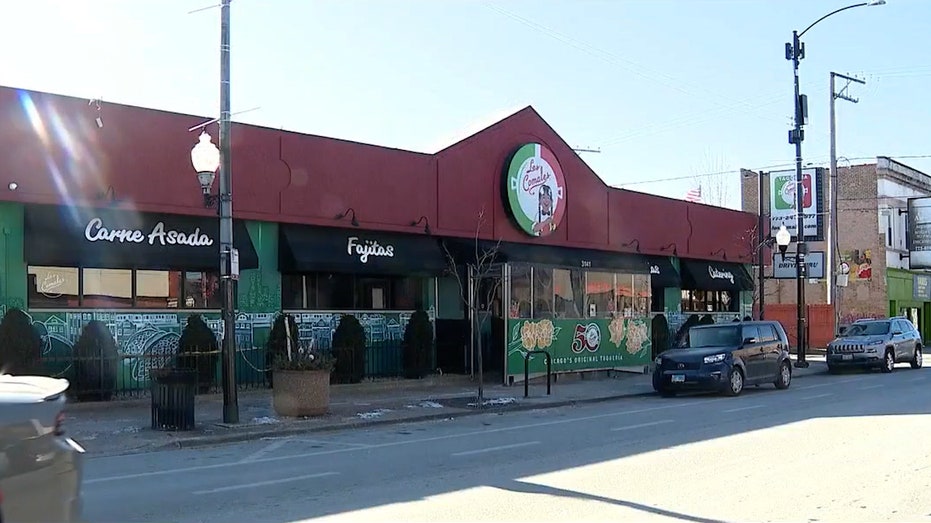Five Concrete Ways to Lower the Cost of a Home Renovation
A little sweat equity and some smart choices can help keep the cost of renovating your house down.

Renovating your home is an opportunity to personalize a space, improve its usability, and simply have a more beautiful place to live. But there’s a price to pay for those benefits—both in terms of stress and disruption and in terms of money. The average whole house remodel costs anywhere from $20,000 to $100,000, which is a lot of money for most people. Even if you line up robust financing for the project and focus on projects that will also pay emotional dividends by making you happier, splashing out that kind of money will raise anyone’s heart rate.
You probably can’t just do all the work yourself to save some cash—but you can take some steps to keep those costs as low as possible.
DIY demo
If you’re going beyond a facelift in your house, chances are you’re going to need some demolition done. This typically costs a few thousand dollars, depending on the scale of the project and the conditions in the house. The good news is that demolition is a facet of home renovation that you can almost certainly do yourself as long as you’re very careful and wear protective gear like safety glasses, robust work gloves, and a mask or respirator. Smashing cabinets off the kitchen wall or tearing up floorboards usually requires very little skill and a whole lot of sweat equity, and it can save you some real money.
Be your own general contractor
A lot of people hire general contractors to handle their home renovations for a good reason: Home renovations are complex and require not just management and logistic skills but also a fair knowledge of building codes and every individual discipline involved, from plumbing to masonry.
But general contractors aren’t in it for love—they typically charge a markup of 15-20% on top of the renovation cost. That means you could save a lot of money by acting as your own GC, which is perfectly legal and possible to do. On a large project with a budget of $50,000, for example, acting as your own GC could save you $10,000.
Or: It could cost you twice as much if you mess it up. Take a moment to ask yourself if you have the time and background to be an effective general contractor, which involves at its most basic level hiring and coordinating several subcontractors, setting up a schedule so everyone can get their part of the work done properly, arranging for permits and inspections, and managing the purchase, delivery, and inspection of materials. It’s a big job and often well worth the extra cost—but if you have some experience in construction and a talent for logistics, it offers a great opportunity to save some cash.
Buy your own materials
When you hire contractors, they often make acquiring the necessary materials part of their service. Which is great, but it also means you lose control over the costs unless you negotiate it into a contract. Buying your own materials adds an extra bit of complexity to the planning, but can save you some money since you will likely put more energy into finding sales, special offers, and alternative materials than the contractor would have.
Keep in mind that your contractors may have very good reasons for using a specific brand or level of product, and you may meet resistance if you insist on using an alternative. It pays to listen to expertise. But if there’s no discernible difference aside from price, you can save yourself some money by acting as your own procurement officer.
Phase out appliances
If you’re renovating a kitchen or laundry room, you can spare yourself some sticker shock with one simple trick: patience. If the appliances still work (and you’re not planning on radically changing their size) you can shave a few thousand bucks off the initial renovation cost by keeping them and replacing them over time when things go on sale.
The average kitchen package (refrigerator, microwave, oven, and dishwasher) runs between $2,100 and $5,400, and a washer/dryer set can run as much as $2,300. If you can live with the old and busted versions for a while, you can shave close to nine grand off the up-front cost of the reno with the option to upgrade the appliances later whenever it makes sense.
Ask for discounts
Many businesses supplying renovation materials offer trade discounts, so if you have any connection to the construction or real estate world, you might be able to convince them to offer you the price cut. For example, if you run an Airbnb, you can reasonably claim to be in the hospitality business, which might qualify you for a discount. And contractors often have access to discounts that most people don’t get, and they may be willing to extend them to you if you simply ask nicely—which could be as easy as letting you use their license info to get a price break at a big box hardware store, or using a contractor’s name at a vendor.
Contractors aren’t obligated to do so, of course, but it doesn’t hurt to ask—and a few percentage points off the price here and there can add up into significant savings.
What's Your Reaction?






























.jpg?width=1920&height=1920&fit=bounds&quality=80&format=jpg&auto=webp#)


















































